Ford, U Mich study finds greater greenhouse gas reductions for pickup truck electrification than for other light-duty vehicles
Green Car Congress
MARCH 5, 2022
Light-duty vehicles, including sedans, SUVs, and pickup trucks, are currently responsible for 58% of US transportation sector emissions. Pickup trucks accounted for 14% of light-duty vehicle sales in the United States in 2020, and the market share of both pickups and SUVs has grown in recent years. Woody et al. —Woody et al.

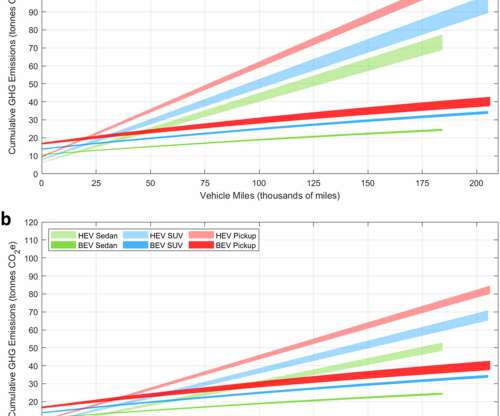

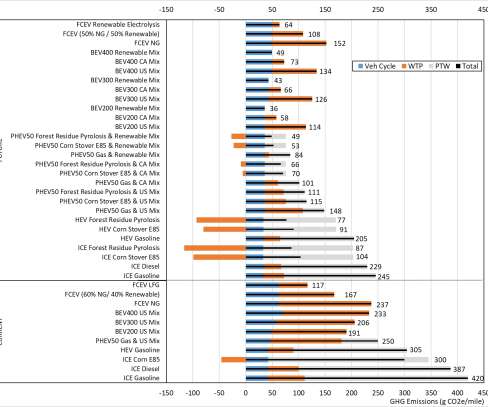




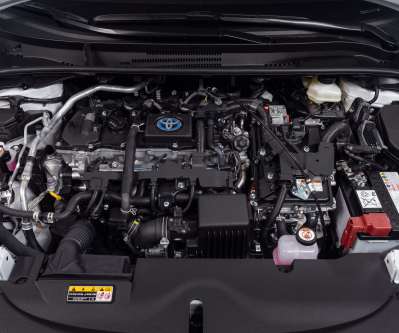




















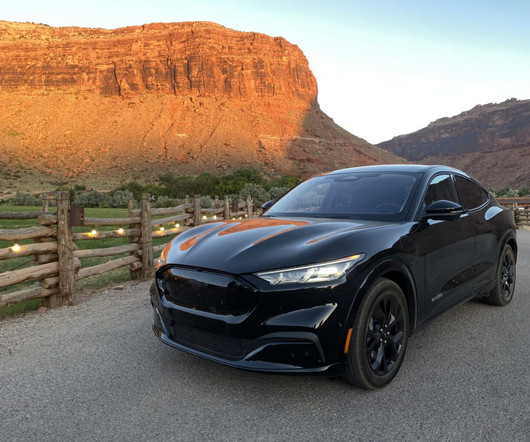





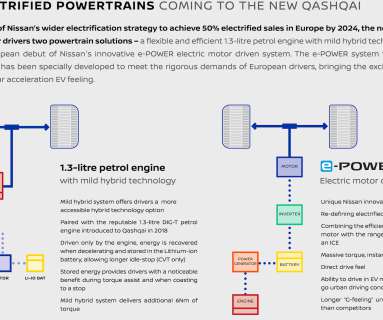







Let's personalize your content